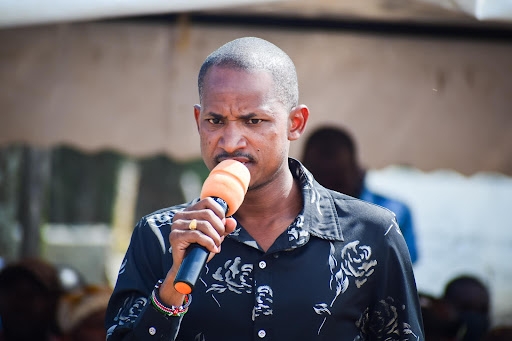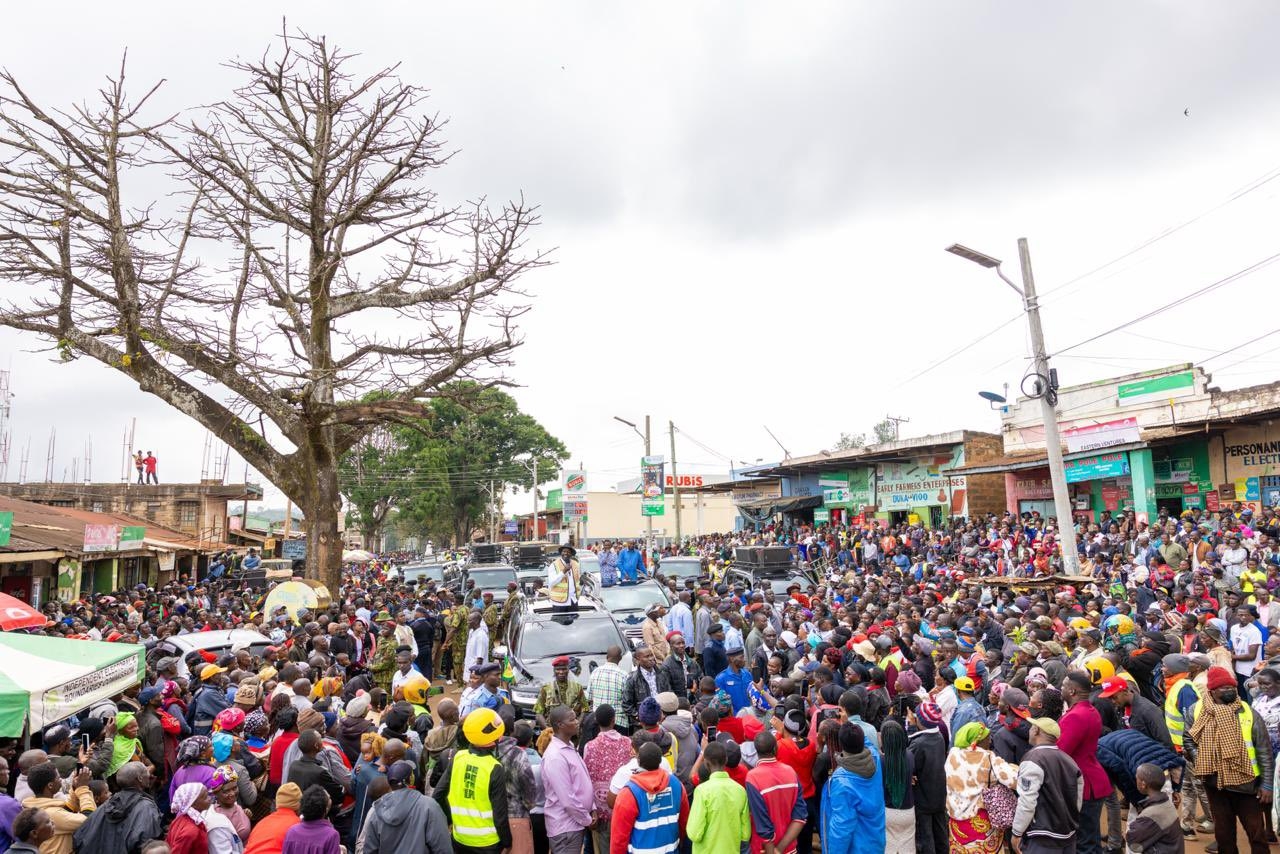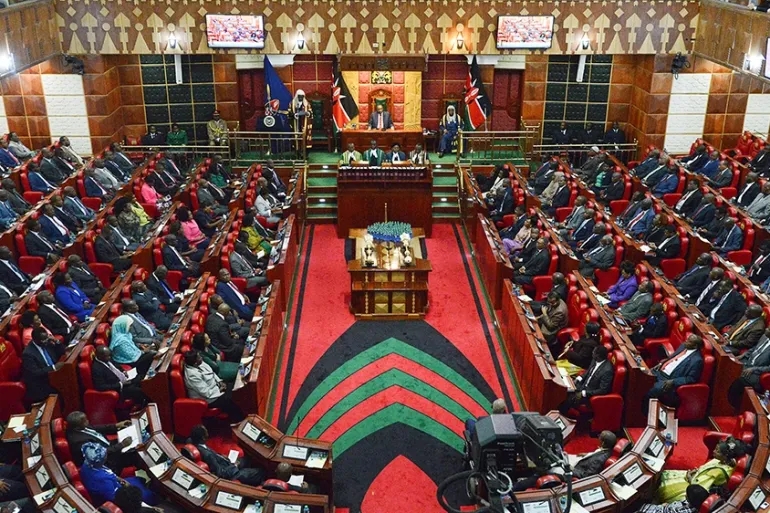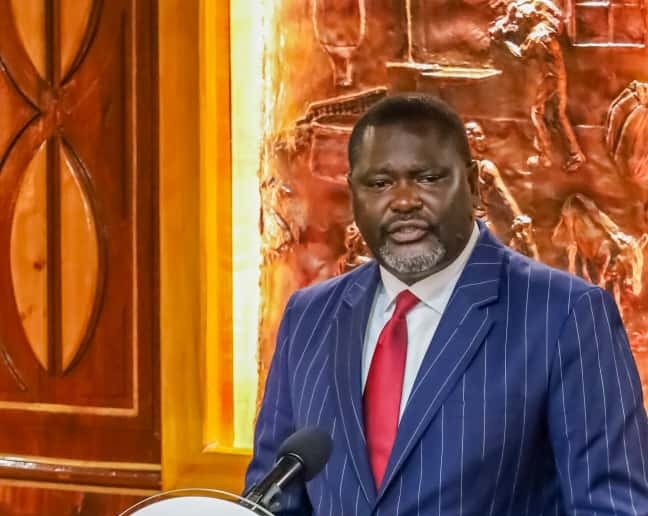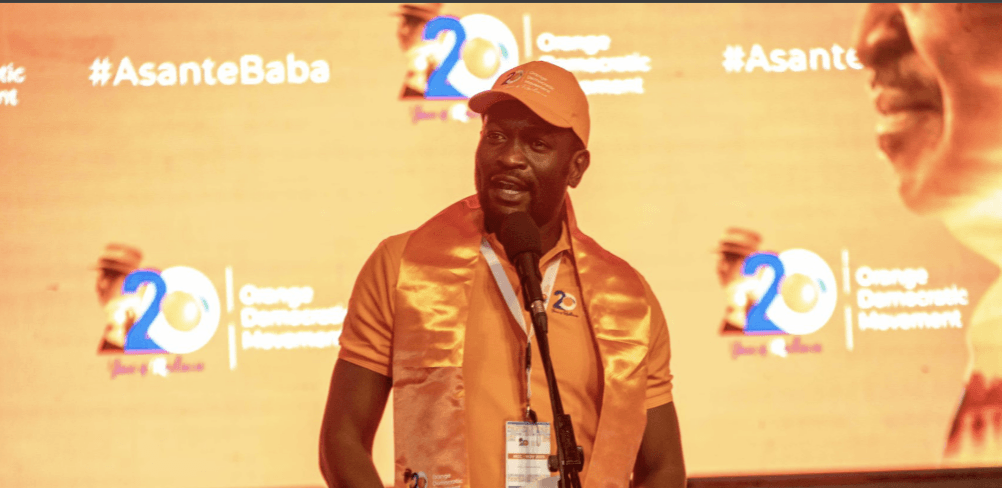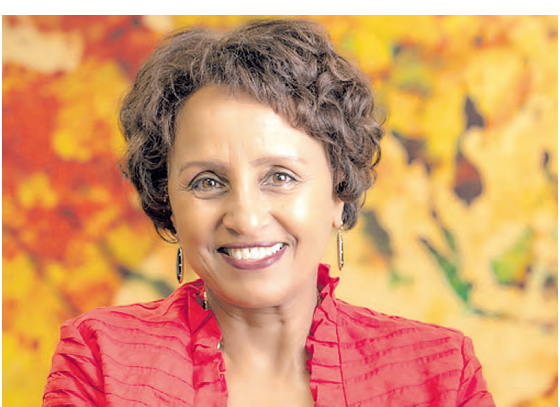
The African diaspora is becoming increasingly important as Africa experiences rapid economic growth and technological advancement, and its cultural dynamism is increasingly exposed to the world.
Through investment, knowledge transfer and advocacy, the diaspora is helping to shape a new narrative for Africa, one characterised by innovation, creativity and resilience.
Contributing to this powerful movement is Almaz Negash, the hard-charging founder and CEO of the African Diaspora Network, one of the leading organisations working to support and invest in Africa’s development.
With nearly 15 years at the helm, Negash and the organisation have made significant strides in connecting and empowering African diasporas globally.
THE GENESIS
You emigrated from Eritrea to the US. At what point did you first conceptualise the idea for ADN? What sparked the idea?
In 2007, I was the head of the global leadership and ethics department at Santa Clara University at the Markkula Centre for Applied Ethics.
My job was to organise former heads of states to work on HIV-Aids education, as well as transition to democratic states.
Every time I went to a meeting in Vienna or Salzburg or at Stanford University here in Silicon Valley, everybody was speaking about Africa but there were very few Africans at the table.
This was confusing for me. Even though they all meant well, there was no African to represent Africa.
In 2010, I became a part of the Skoll Foundation Social Edge programme, which was a fantastic online platform bringing together social entrepreneurs from around the world.
We had conversations about issues related to water, sanitation, clean stoves, climate change, education, hygiene and so on.
Basically all the stuff we were dealing with on the continent and in other developing countries. These social entrepreneurs had big hearts and really wanted to do great work.
One entrepreneur, in particular, was working in northern Nigeria providing lighting to communities in the region, which was fantastic.
I went to this person and said, “Where are the Africans in this discussion?” They pointed to me and said, “You’re here.”
I replied, “I’m one, but there are many, many people that need to be here.” I realised that, in my frustration, I had turned into a nagging, noisy woman.
My energy became negative. At some point, someone pushed back on me and said, “Okay, what are you going to do about all the stuff you’re complaining about?” I didn’t know the answer to that question, so he said, “I will give you a chance to write a paper, and I will publish it on Social Edge and then see what people say.”
I wrote a paper about the concept of knowledge transfer, based on my belief that, if you want to make a difference in a formerly colonised country, knowledge has to be transferred to the local community.
One of the questions I posed in the paper was, “What is the role of the African Diaspora in facilitating knowledge transfer?” That question sparked something in me, and that spark became the genesis of ADN.
The African Diaspora Investment Symposium (ADIS) became ADN’s flagship programme. How did that evolve?
In August 2010, with the assistance of Dr Musimbi Kanyoro, at the time CEO of the Global Fund for Women and one of the highest positioned African people in Silicon Valley, I gathered 15 African people from around the city to explore the concept taking form in my mind and determine its feasibility.
“We’ve been asking people to invite us to the table,” I said. “What would it look like if we invited them to us, instead?” They all loved the concept and gave me the green light to develop it. We started out small, meeting around the city of Santa Clara about once a month, wherever we could find the space.
We talked about how, as members of the African Diaspora, we could collaborate to support and build up Africa.
The whole endeavour cost about $5,000 per year, which I donated because I didn’t want to ask for money unless I knew this proposition would work. In 2013, we got our US non-profit status, which was fantastic. But still we hadn’t raised much money.
Then, in 2015, we heard about something called IdEA – International diaspora Engagement Alliance, which was created by the US State Department under Secretary of State Hillary Clinton.
They knew that engaging the Indian diaspora, the Mexican diaspora, Filipino, Nigerian and so on, was very important for US foreign and domestic policy.
I wanted to turn that upside down and really focus on the African diaspora as a whole. We needed to move from a national identity-based description of ourselves, to a continent-wide identity. A lot of people pushed back on that. I said, “You can push as much as you want.
But I believe in one Africa.” With that principle in mind, in 2015, we sent a proposal to the State Department.
In it, we proposed taking over the African Diaspora Investment Symposium (ADIS), which they had started in Washington, DC in 2014. We proposed to do it in Silicon Valley, instead.
They accepted our proposal, and we hosted the first ADIS in Silicon Valley in 2016. That first year, we had 167 attendees, most of whom came from Washington, DC and around the US.
Quite a few also came from the continent. We have held an ADIS event every year since then, and it became like a pilgrimage, a place of play for us Africans in the diaspora.
That first ADIS was in January 2016, and the ninth one was this past March 2024. Next year will be the 10th anniversary of ADIS, and it will be in Washington, DC, where it began.
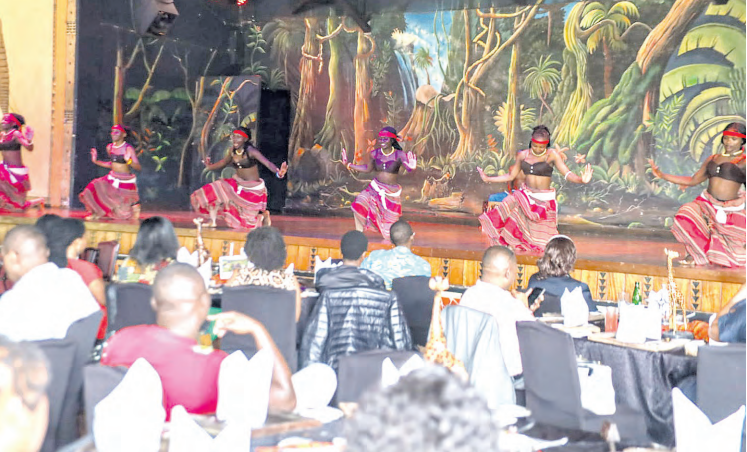
GROWTH AND EXPANSION
How are ADN’s programmes contributing to Africa’s development?
In 2017, just after we hosted the second ADIS, I approached some of our champions and board members and said, “Okay, we’re doing this great event, but what does it mean to the average African trying to figure out what to do with their life? What are we giving them? We’re getting together and supporting each other, but that’s not going to make a change.”
In answer, I suggested creating an accelerator programme for grassroots African entrepreneurs. So we created the Builders of Africa’s Future (BAF) programme in 2017, which supports early-stage African enterprises.
After a rigorous application and selection process, the finalists received mentoring support for growing their businesses. Until 2020, we had not been able to give them any funding, but we brought them to Silicon Valley in the US to pitch at ADIS events.
We went to virtual convening in 2021 due to the pandemic, and we couldn’t bring the participants to the US to pitch. Instead, we were able to give each of them $5,000.
We did the same in 2022. In 2023 things changed. Thanks to CD Glin, who at the time was the head of the United States African Development Foundation (USADF), with whom we had formed a partnership, we were able to grant $25,000 to everyone who completed the BAF programme.
That was huge. A grant of $25,000 is transformational in our communities because it goes a very long way and helps our entrepreneurs access additional funding.
Besides investments, we have other programmes to support Africans in Africa and the diaspora. Just this year we launched the Young African Leaders Initiative Legacy Localisation (YALI LL) project.
In partnership with several organisations, academic institutions and the US government, we are helping to mobilise the African diaspora globally and within the continent to mentor, partner and collaborate with alumni of the YALI programme across 49 African countries.
Through this programme, we are aiming to leverage the skills and experience of the African Diaspora to facilitate transformative leadership and training opportunities for African youth and YALI alumni.
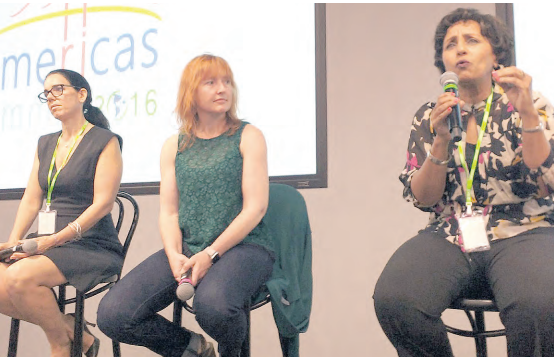
IMPACT OF PROGRAMMES
What are some specific stories of
how ADN’s work has directly empowered a social entrepreneur or
facilitated a successful investment
on the continent?
Wawira Njiru, founder of Food for Education, is a Kenyan entrepreneur who was part of the first Builders of Africa cohort.
She came to the Miller Centre for Social Entrepreneurship at Santa Clara University to present her idea.
It had come to her when she was in Kenya and seeing children go to school hungry. That was something she could not fathom.
Her thinking was, what would it look like if we provide food to students so they don’t get hungry? Wawira’s vision was to use technology to create and sustain school feeding programmes, using smart, centralised supply chains and kitchens to prepare and deliver meals to schools.
She started out small, with a very deliberate strategy. And as she kept showing up consistently, people started to see what she was doing and the funding began to come in.
Just last year, seven years after that first cohort, I came across an article about her. I read it and thought, “This is Wawira! I know Wawira!” She had made a multi-million dollar deal with Kenya’s Ministry of Education to increase and enlarge her facility.
What made this all so beautiful was when I went to the Skoll World Forum this past April in Oxford, UK. Wawira was there as one of the awardees.
When you are a Skoll awardee, that means you have achieved something really great. It was so powerful. I was there cheering her on, and so proud. This young woman whom I met in 2018, with this brilliant vision, is now really living that vision.
That’s a big deal for all of us to be proud of. We may not have contributed much to where Wawira is because it’s all on her. But we take the credit for identifying her as a builder of Africa’s future and investing in her growth.
She’s living up to that title even now. It’s hard to take credit for these entrepreneurs’ success, because they had already done a lot of the work outside of our accelerator programmes.
But many of them attest
that a good measure of their success
could not have happened without
the support from ADN.





